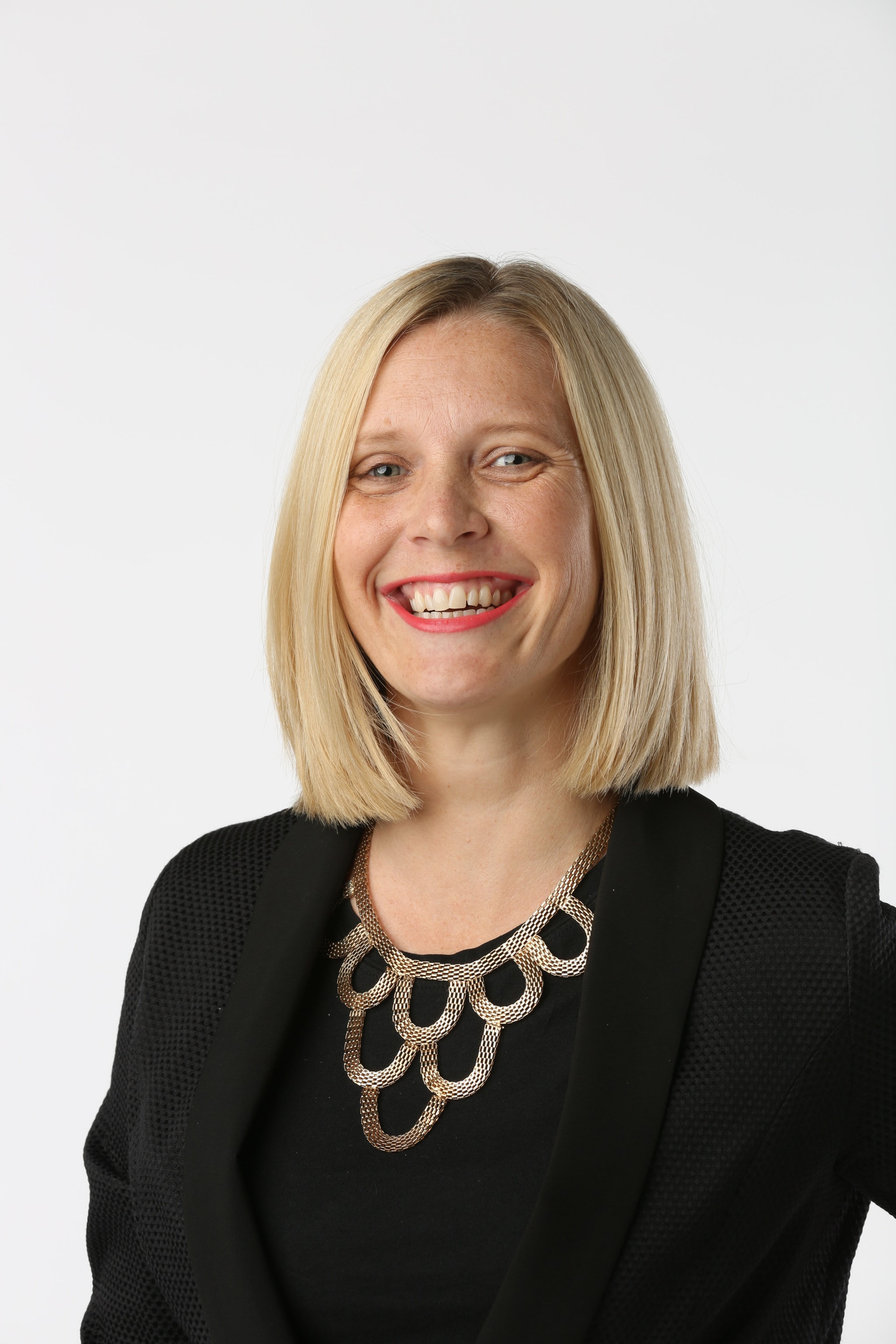Stamp duty in Queensland

Brisbane, Queensland. Picture: Getty
When buying a property in Queensland, one of the most significant additional costs you will need to consider is stamp duty, otherwise known as transfer duty. The fee is applicable to all property transactions. However, some buyers may be eligible for an exemption or concession, which could dramatically reduce settlement costs. To help you better understand what to expect, let’s explore how stamp duty works in Queensland, how it's calculated, and who needs to pay it.
What is stamp duty about?
Stamp duty is named after the rubber stamp officials once used to sign off on property paperwork. It is a tax levied by the Queensland Government on specific transactions, including the transfer of residential and commercial property as well as vacant land. In Queensland, the Office of State Revenue administers stamp duty, which is a $13 billion source of annual revenue to pay for essential public services. Stamp duty must be paid within 30 days of settlement, an important deadline to remember, as late payments can result in penalties.
How is stamp duty calculated in QLD?
Just how much stamp duty you need to pay depends on the value of the property and the type of buyer you are. Since the rates are progressive, the higher the purchase price, the more stamp duty you'll be required to pay unless you qualify for an exemption or concession.
Here’s a simplified breakdown of how the duty in Queensland is calculated:
|
$0 to $5000 |
No duty is payable |
|
$5,000 to $75,000 |
$1.50 for every $100 over $5000 |
|
$75,000 to $540,000 |
$1050 plus $3.50 for every $100 over $75,000 |
|
$540,000 to $1 million |
$17,325 plus $4.50 for every $100 over $540,000 |
|
More than $1 million |
$38,025 plus $5.75 for every $100 over $1 million |
Example case study
Mel and Andy are buying a home in Queensland for $850,000, however they do not qualify for any exemptions or concessions. The couple consult a mortgage calculator to determine what stamp duty total they’re liable for. The duty amount comes to $24,100, plus an additional transfer fee of $3151 and a mortgage registration fee of approximately $232. All up, the total bill comes to $27,483.
Stamp duty exemptions and concessions in QLD
In the lead up to the 2024 state election, the Queensland Government raised the threshold for concessions on transfer duties. First-time homebuyers may now be eligible for a concession on stamp duty for properties costing up to $700,000 (an increase from $500,000) and will receive a partial concession for homes valued up to $800,000. The threshold for concessions also rose for vacant land valued up to $350,000 (an increase from $250,000).
The change to the stamp duty threshold coincided with a doubling of the First Home Owner Grant in Queensland from $15,000 to $30,000, which only applies to newly-constructed properties.
You can also claim a home concession for stamp duty when buying a primary residence, as long as you meet certain requirements, such as moving into the property within one year of settlement. Unlike Queensland's first-home stamp duty concession, you can claim the home concession even if you have owned property before. This primary home concession rate applies to the first $350,000 of the purchase price, while general transfer duty rates then apply to the balance.
Stamp duty and foreign buyers
Foreign buyers purchasing real estate in Queensland will be subject to the states Additional Foreign Acquirer Duty (AFAD), which is an additional 8% on top of the usual stamp duty rates.
First home buyers
First home buyers are exempt from any stamp duty charges on new build properties, after new regulation was passed in February 2025.
Budgeting for stamp duty
Unless you qualify for an exemption, stamp duty is an unavoidable cost that comes with buying a home. And at no small sum, it’s crucial to budget for it early on in your property search so you’re not caught out when you can lest afford it.
Use an online calculator specific to Queensland so you have an accurate estimate of how much you’ll need to pay. Once you know the amount, factor it into your deposit, this way you won’t be borrowing to pay the bills. Ands finally, speak to a professional such as a conveyancer, solicitor or mortgage broker to provide you with detailed advice tailored to your situation.


